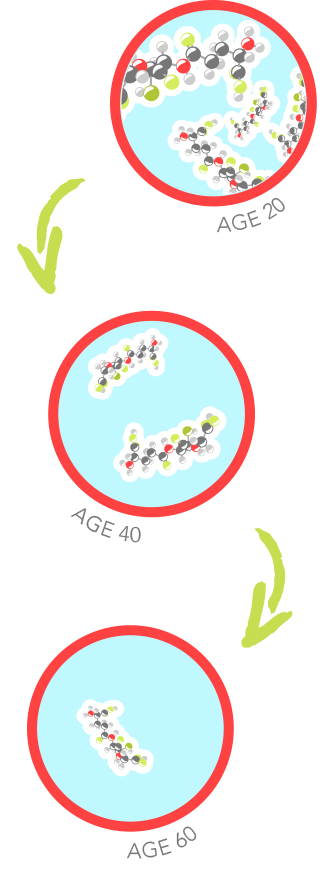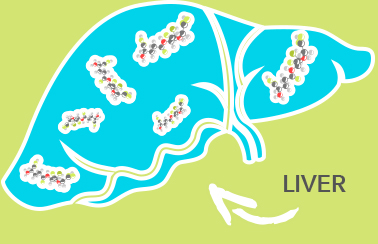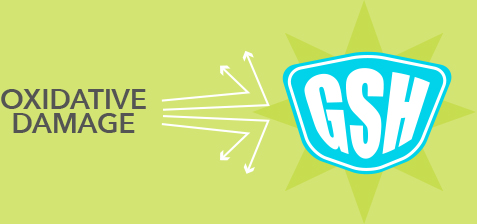What is Glutathione?
Glutathione (pronounced 'glue-ta-thigh-on'), or GSH, is three uniquely bound amino acids (peptides) used by the human body to protect against chemical and environmental threats.
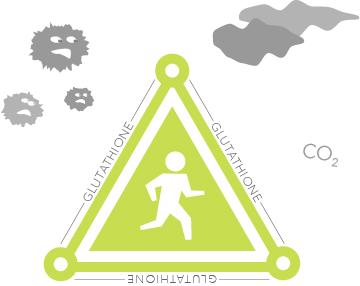
This tri-peptide is found in every cell throughout the body.

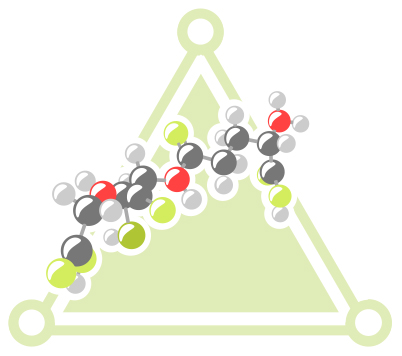
GSH stands for Glutathione with a Sulfur / Hydrogen bond which unites the molecular structure of the three amino acids.

